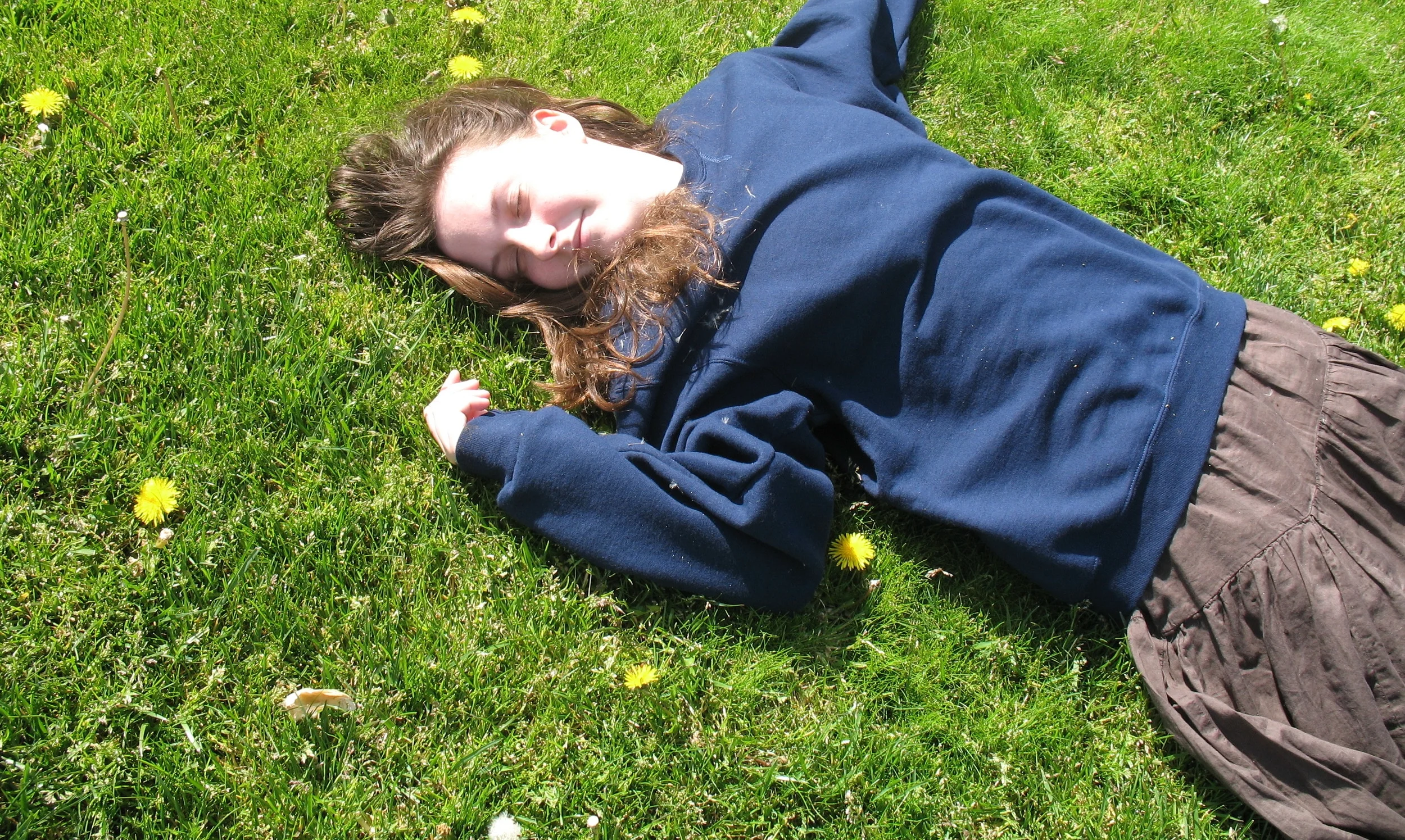..... Writer's Block? (February 20, 2015)
/"The Passion of Creation" by Leonid Pasternak
Someone asked me earlier today how I deal with writer's block. I think it's only fitting that I address that question in writing at midnight, because I write best the later it gets in the evening.
Writer's block is something I had a lot of problems with back in sixth grade. I would start the same story seven different times and never get past the first page. I'd get frustrated and decide the beginning was too boring, my character wasn't likable, and the plot was stupid. Then I'd switch the font a dozen times because watching something change on the Word document made me feel productive.
Everything changed when I did NaNoWriMo in seventh grade. In one month, I went from being the person who hadn't finished a story in a year to writing 50,000 words. It was the worst thing I've ever written, but hey, I wrote it! And that's what matters.
Even though I still get writer's block sometimes (example: procrastinating by doing this blog post), doing NaNoWriMo helped me come up with many strategies. See if any work for you.
- If you're stuck, try letting characters/plots come to you. You don't need to force it. As you're walking down the street and pass someone, do you think about where they're going? Do you give them a name, hopes, histories, destinations? There, you have a character! Trust me, once you stop forcing yourself to think of characters and plots, characters and plots will come to you. You have to be patient and willing to listen.
- Screw the opening. Who cares how the story starts in a first draft? Heck, start with a quote you like if that helps you get going as long as you get rid of it later. My novels all at one point started with the same sentence from The God of Small Things. Whatever you put on the page first in a first draft won't be there later anyway, so why stress about it?
- If you're like me and you obsess over evil squiggly lines that yell at you for spelling things wrong, turn them off. It's miserable editing everything later once you enable the feature again, but worth it because you don't compulsively go back to fix typos when you're writing.
- Allow yourself to procrastinate. If you need a day off, take a day off. If Netflix is calling to you, watch Netflix. Don't stress about never taking breaks so you can finish extra early. Take the time you're given by a teacher, editor, agent, etc. and use it! And yes, relaxing as well so the writing feels less forced counts as using it.
- Write at night. You'll be less inhibited. (As much as I'd like to discourage doing this on a school night, there's actually a fun sneaky feeling that comes with writing at 1am the night before a math test that lends itself well to mystery/suspense writing.)
- Finally, and most importantly: write FOR YOU. Write because there's a story that needs to be told, a character who needs to be heard, because you won't sleep until you've gotten all the thoughts in your brain onto a page. If you realize you're only writing because you need money (hint: pick a different job) or have a deadline, you're not writing for the right reasons. Do it because you hate to love it and love to hate it, because you desperately want to press the same letter on your keyboard thirty times in frustration at 3:06am because the words you just typed don't sound right together, because you miss the buzz of drinking three cups of hot chocolate, because you crave the feeling of your hand going numb from a carpal tunnel syndrome flair up from typing too much. Don't write because you think you should be an author; write because you're a writer.

